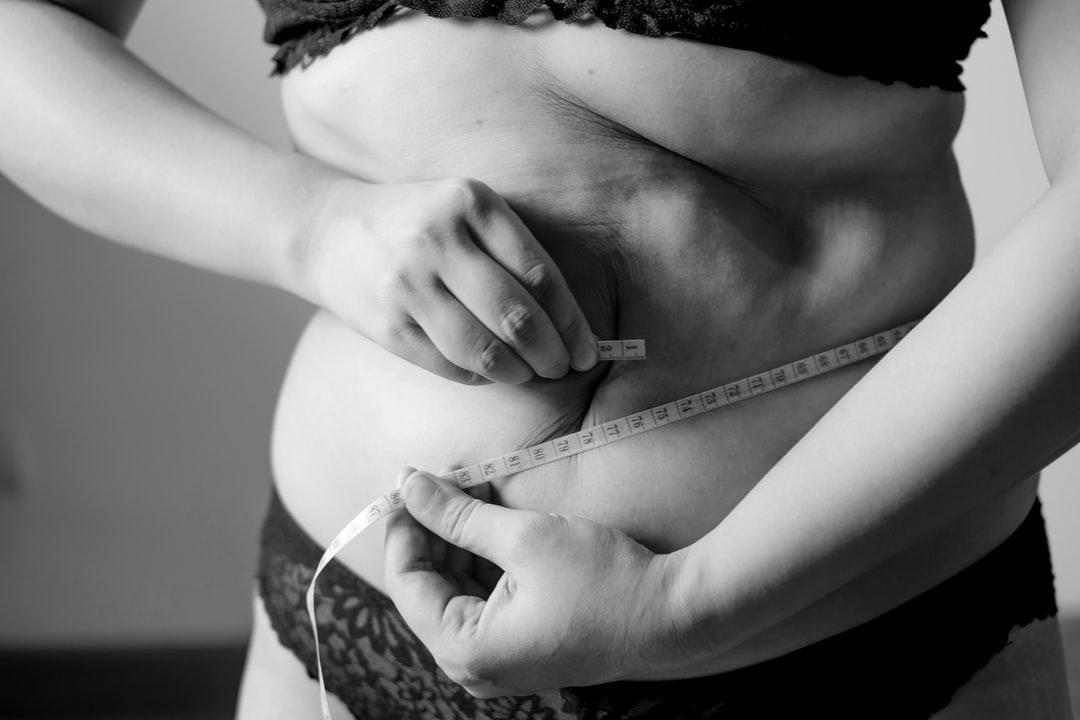
- posted: Apr. 26, 2023
As adults, we need about seven to nine hours of sleep each night. Unfortunately, 35.2%
of Americans say they sleep fewer than seven hours a night. Not many people realize
that neglecting to get enough sleep could hurt their weight management goals, though.
How exactly does sleep impact weight loss? Read on to find out!
After reading this guide, you can determine if it's time to get help to improve your sleep.
Discover the connection between weight loss and sleep today.
Boost Your Metabolism
Getting enough sleep could help jumpstart your metabolism. Your resting metabolic
rate (RMR) is how many calories your body burns while at rest. Sleep duration affects
your RMR, as well as your weight, height, age, and muscle mass.
Without enough sleep, your RMR could decrease. However, you can bring your RMR
back up to its baseline if you get proper sleep after a difficult night.
Neglecting to get enough sleep can suppress fat oxidation (the breakdown of fat cells
into usable energy). Poor sleep quality could also decrease muscle synthesis.
Enhanced Physical Activity
Neglecting to get enough sleep can lower your energy levels, impacting your ability to
work out. Meanwhile, a lack of physical activity could worsen your sleep quality.
A lack of sleep can also cause daytime fatigue. You might feel less motivated to work
out and more motivated to lounge or relax.
Neglecting to get enough sleep can also affect athletic performance by affecting your:
● Muscle power
● Endurance
● Problem-solving skills
● Reaction times
● Fine motor skills
Your ability to recover after an intense workout could diminish, too. Your body needs
rest in order to build muscle!
If you're interested in safe weight loss and gaining muscle this year, you need sleep!
Avoid Weight Gain
If you get fewer than six or seven hours of sleep, you're getting short sleep.
Unfortunately, short sleep is linked to a higher body mass index (BMI), as well as weight
gain.
There's a 41% increased obesity risk for adults who sleep fewer than seven hours every
night. In adults who sleep seven to nine hours a night, sleep wasn't a factor in obesity.
Short sleep durations could also lead to a great weight circumference, which indicates
an accumulation of belly fat.
Neglecting to get at least eight hours of sleep each night could cause weight gain in
children and adolescents as well. In fact, short sleep durations can increase the
likelihood of obesity in children by 30 to 45%.
With every additional hour of sleep you get, your BMI score could decrease.
Sleep is only one factor in the development of obesity. However, short sleep durations
could also negatively affect hunger levels. You could feel the need to consume more
calories from high-sugar and high-fat foods if you're not getting enough sleep.
The failure to get enough sleep could affect your natural hunger hormone levels. Your
ghrelin levels will increase, which can make you feel hungry. Your leptin levels, which
help you feel full, can drop as well.
Your stomach releases the hormone ghrelin to signal hunger within the brain. Before
you eat, levels are high, decreasing after you eat. Fat cells release the hormone leptin,
which suppresses hunger and tells the brain you're full.
Neglecting to get enough sleep could have an impact on the sympathetic nervous
system as well. Your cortisol levels (the hormone related to stress) can increase as a
result.
Low sleep can also suppress insulin-like growth factor 1 (IGF-1), which is linked to
greater fat storage. If you're struggling with safe weight loss, you might want to improve your sleep health.
Make Better Food Choices
Sleep deprivation could affect your ability to make healthy food choices.
Neglecting to get enough sleep each night alters the way your brain works. It could
affect your decision-making, impacting your ability to make healthy choices. You might
notice it's more difficult to resist fatty foods, too.
In fact, the reward centers of the brain are more stimulated by food if you're not getting
enough sleep. A poor night's sleep could trick your brain into thinking unhealthy foods
are more rewarding than healthy alternatives. You'll have a more difficult time practicing
self-control if you're not getting enough sleep.
If you're struggling to make smart food choices, consider working with the ChiroThin
team to accomplish your weight loss goals.
Prevent Snacking
Do you tend to snack late at night? Try going to bed earlier. An earlier bedtime might
help prevent late-night snacking.
Otherwise, eating too late could hinder your weight loss goals.
When you push your bedtime, you create a larger window for eating. When there's a
large gap between dinner and breakfast the next morning, you're more likely to snack.
Late-night snacking is connected to a higher BMI and greater weight gain.
It's also associated with decreased fat oxidation, which can further hinder your weight
loss goals.
Try to limit food intake at least two hours before bed. If you are hungry before bed, try a
protein-rich snack instead. For example, you can snack on cottage cheese or Greek
yogurt.
Moderate Your Appetite
Getting eight hours of sleep each night could also prevent increases in calorie intake.
When you're sleep-deprived, hormones can stimulate your appetite, causing unhealthy
snacking.
People who are sleep-deprived have an increased appetite and higher daily calorie
intake. In fact, people who struggle with sleep deprivation consume 385 more calories
per day than others. A larger portion of calories tends to come from fat sources, too.
Neglecting to get enough sleep could also cause increases in:
● Chocolate and fat intake
● Portion sizes
● Food cravings
● Hunger
Remember, sleep deprivation can affect the hunger hormones leptin and ghrelin. If
you're not getting enough sleep, you'll experience an increased appetite.
If you're struggling to accomplish your weight loss goals, take a look at your sleep
quality. Try to avoid snacking before bed, too.
Catch Those Z's: Get Sleep for Better Weight Management
Neglecting to get enough sleep each night could hinder your weight management goals.
Instead of struggling, look for ways to improve your sleep quality. Try to get at least
eight hours of sleep each day.
Catching those z's could make all the difference in your ability to lose weight.
Schedule your free consultation with Dr. Nicole here! (586) 566-5005
Hours of Operation
9:30 am - 12:30 pm
3:00 pm - 7:00 pm
2:30 pm - 5:30 pm
9:30 am - 12:30 pm
3:00 pm - 6:30 pm
Closed
9:30 am - 12:30 pm
3:00 pm - 6:00 pm
9:00 am - 12:00 pm
Closed


